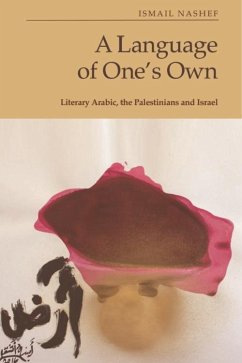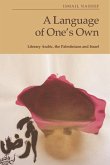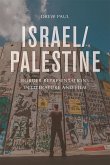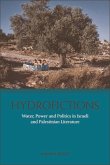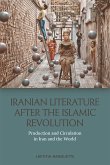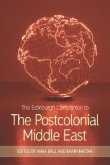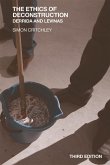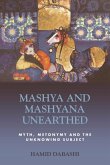Following the establishment of Israel in 1948, literary Arabic became one of the main representative of Palestinian national identity within Israel, and therefore a contested public site. Various state agencies and Palestinian groups were active in this public site, calling for certain ways of reading and writing in Arabic. These ways influenced the processes of reshaping the Palestinian national identity that were ignited by the war of 1948. Addressing the Palestinian reading public in Israel, both state agencies and Palestinian groups used literary criticism, as well as other genres, to promote and inculcate their preferred ways of reading and writing. Ismail Nashef argues that since 1948 there have been three distinct modes for addressing the Palestinian reading public through literary Arabic: the public intellectual mode, the academic mode and the professional expert mode. Based on rich literary, historical and legal data, the book offers a fresh case study of literary settler colonial contexts, in which language, literature and socio-political regime are re-examined based on new data. It demonstrates the impossibility of rebuilding Palestinian national identities within the Zionist regime, highlighting the literary embodiment of the ongoing settler colonial condition of Palestinians in Israel.
Dieser Download kann aus rechtlichen Gründen nur mit Rechnungsadresse in A, B, BG, CY, CZ, D, DK, EW, E, FIN, F, GR, HR, H, IRL, I, LT, L, LR, M, NL, PL, P, R, S, SLO, SK ausgeliefert werden.
Hinweis: Dieser Artikel kann nur an eine deutsche Lieferadresse ausgeliefert werden.

